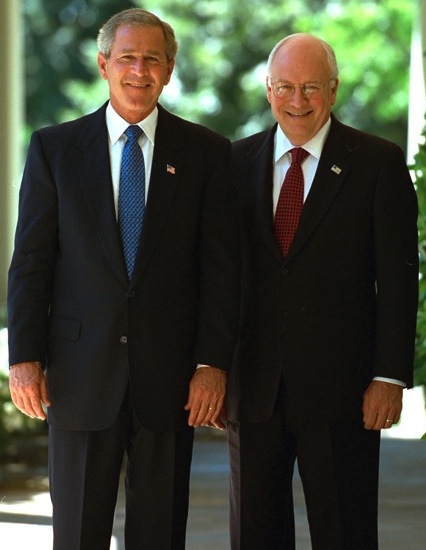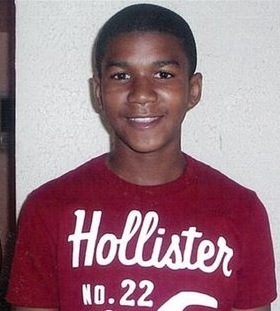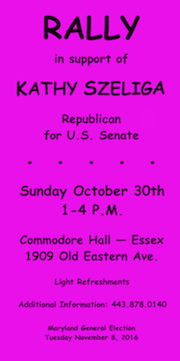
Former President George W. Bush and Vice Pres. Dick Cheney cited Iraqi dictator Saddam Hussein’s alleged possession of weapons of mass destruction as their primary justification for toppling his regime. But it wasn’t true; he didn’t have them.
‘IT WOULD HAVE BEEN WORSE’
IS NEW MILLENNIUM MANTRA
By David Maril
If you make decisions, you no longer have to admit when you are wrong.
It’s always been rare for people, whether they are powerful leaders or at the bottom of the political ladder or totem pole, to admit when they have made a mistake or take the blame for a decision that proves to be wrong.
This is even more true today where the emphasis too often is taking credit when a venture goes well and finding someone else to blame when things fail.
However, the necessity of finding scapegoats is diminishing. Today we have an updated version of avoiding the blame game that is gaining universal acceptance.
It’s easy.
When anyone questions a bad decision or a failed policy, you simply say that things would have been even worse if the action hadn’t been taken.
For example, no matter how hard journalists try to get former President George W. Bush and Vice President Dick Cheney to admit they were wrong about Iraq having weapons of mass destruction, they will insist Saddam Hussein was a bad man and things would have been worse if we hadn’t overthrown the dictator.
If you criticize President Barack Obama for forcing the government to waste money on a solar energy company that failed, the answer is, things would be worse if this hadn’t been done because we need to encourage development of environment-friendly power.
When critics of the economic stimulus plans pushed by both Bush and Obama say this has slowed the economic recovery, supporters argue things would have been worse and we would have fallen into a recession if the presidents’ actions hadn’t been taken.
Perhaps this is right. It isn’t always incorrect to say a move needed to be done even if it didn’t completely solve the problem.
But when this type of justification is used all the time, it makes you very skeptical. None of us is perfect and we all make mistakes. But what type of credibility and respect can leaders expect to have when they look for scapegoats and make excuses every time there is a problem?









